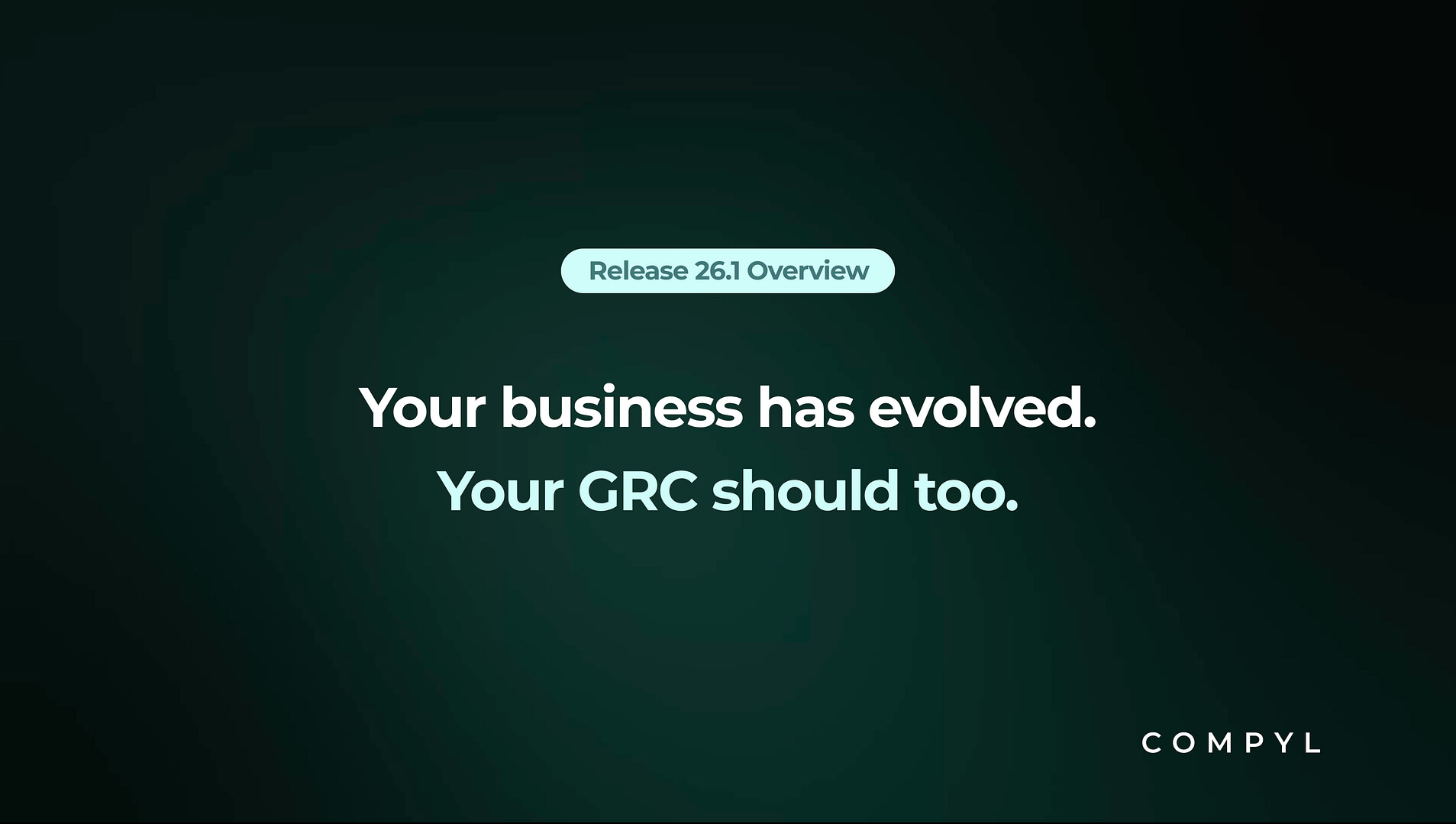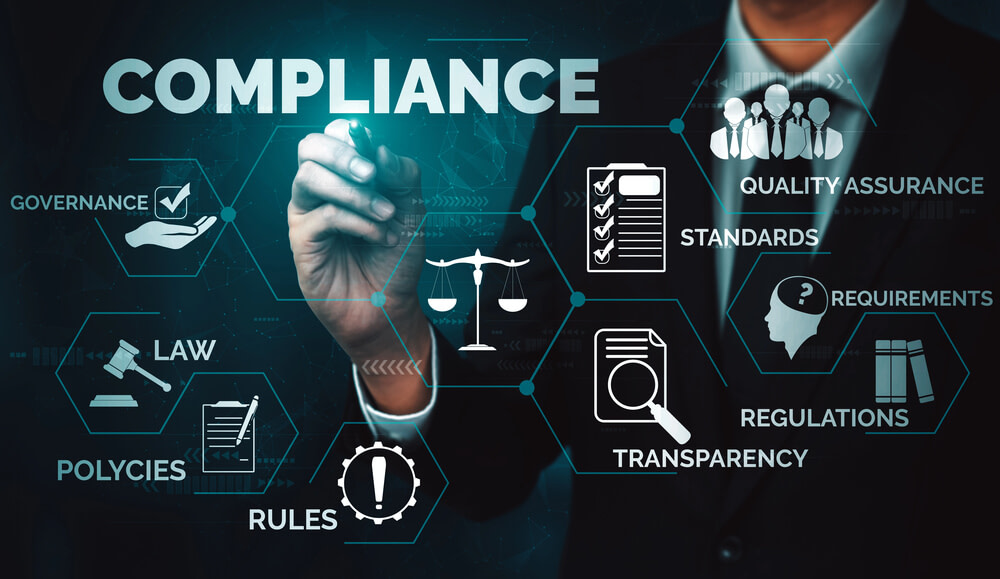Compliance with the Health Insurance Portability and Accountability Act is critical for all healthcare organizations. Whether your organization has less than a dozen employees or hundreds, the penalties for HIPAA violations can have a major impact on your finances — as much as $50,000 per violation and $1.5 million per year depending on the seriousness of the breach. To avoid these devastating effects, it’s urgent to understand what a HIPAA officer is and what your next steps should be.
What Is a HIPAA Compliance Officer?

Put simply, a HIPAA officer is an individual who is responsible for coordinating, implementing, and monitoring compliance with HIPAA guidelines. The purpose of a HIPAA officer is to help your business meet HIPAA standards and stay compliant as time goes on. Depending on the size of your organization, you may choose a single HIPAA compliance officer or divide responsibilities between a security officer and a privacy officer.
What a HIPAA Officer Is
The HIPAA Privacy Rule and Security Rule both have some overlap, so it makes sense for smaller organizations to have one person handle both aspects of compliance. That way, there are fewer risks of miscommunication, crossed wires, or compliance mistakes.
Things are different for large enterprises with many departments and employees to coordinate. Trying to keep tabs on both privacy compliance and security measures can be overwhelming for just one person, especially if the individual has other administrative responsibilities to care for.
The HIPAA Privacy Officer
The need for a HIPAA privacy officer is outlined in section 164.530 under “Administrative requirements.” The privacy official must ‘develop and implement’ organizational privacy policies that comply with HIPAA standards.
The HIPAA Privacy Rule deals with keeping PHI confidential and avoiding disclosure to non-authorized parties (including family members). Permissible disclosures, such as those for treatment, payment, or healthcare operations, are allowed under certain conditions, while unauthorized disclosures occur when PHI is shared without proper consent or authorization. At the same time, HIPAA compliance means making sure patients have access to and control over their data.
The Role of a HIPAA Security Officer
In section 164.308, the HIPAA Security Rule also requires your organization to “identify the security official who is responsible for the development and implementation of the policies and procedures required.” The HIPAA security officer is responsible for ensuring your organization has the security measures necessary to follow privacy practices related to PHI. Examples range from risk analysis to anti-malware software.
Who Can Be a HIPAA Officer?

HIPAA guidelines leave it up to your organization to select the individual(s) responsible for compliance. You can choose a current employee or hire someone new to handle the role.
Even though it’s technically not a requirement, in practice, you want a person who understands HIPAA guidelines and has experience with compliance. There are no rules against the person taking care of other responsibilities besides HIPAA management, but HIPAA compliance is a full-time job in larger organizations.
What Are the Responsibilities of a HIPAA Officer?
In simple terms, a HIPAA officer’s job is to make sure your organization complies with the Privacy and Security Rules. This is more complex than it sounds.
HIPAA Security Responsibilities
The security officer’s role revolves around keeping electronic PHI safe. This includes preventing, containing, identifying, and resolving data breaches. The individual also has to establish and oversee healthcare information systems, such as secure data storage and platforms for telehealth.
Other responsibilities include implementing:
- Periodic risk assessments
- Security audits for in-house operations and third-party HIPAA compliance
- Network and cybersecurity best practices
- Access control measures (e.g., multi-factor authentication and mobile endpoint security)
- Data loss prevention, secure backups, and disaster recovery measures
- Network monitoring and log tracking
- Data security training for employees
The HIPAA security officer also helps create organizational policies related to data storage and handling. For example, there should be policies in place that prevent unauthorized workers from accessing patient records. Security training includes teaching employees to lock their devices and to recognize and avoid phishing emails.
It’s also vital to create policies for responding to access violations, network security mistakes, and potential data breaches. One of the main factors that determines the cost of HIPAA violations is how your organization acts following a suspected breach. Quick action and the right safeguards are the difference between a small incident and massive headlines.
HIPAA Privacy Officer Responsibilities
Beyond creating an organizational privacy policy that satisfies the HIPAA Privacy Rule — and updating it every year — the privacy officer is also responsible for monitoring compliance. This involves many smaller tasks:
- Sharing the privacy policy with new patients
- Notifying patients of the latest privacy policy version with every update
- Obtaining HIPAA-compliant Business Associate Agreements from third-party providers (e.g., Microsoft Teams, Zoom, or Google Meet)
- Verifying the HIPAA compliance of Business Associates
- Reviewing any complaints to make sure your organization is following HIPAA rules regarding patient access to data
- Conducting privacy compliance checks and audits
- Implementing disciplinary measures for employees who violate HIPAA requirements
- Setting up employee training for organizational privacy policies
In larger organizations, the HIPAA privacy officer often needs to coordinate closely with the security officer (and potentially the legal department). For example, telehealth appointments have both cybersecurity and privacy considerations under HIPAA rules.
The Importance of Documentation for HIPAA Compliance

Whether your healthcare practice has one HIPAA compliance officer or divides the work between a privacy and security officer, gathering documentation is one of the biggest responsibilities for each role. Documents are necessary to show:
- Privacy and security policies in place
- The results of audits
- Corrective actions
- Training programs and employee attendance
- Proof of fast response to suspected data breaches
- BAAs
- Complaints and resolutions
In other words, following HIPAA policies isn’t enough. You also have to prove that your organization is HIPAA compliant. A compliance platform such as Compyl can make your workload much lighter by helping you track compliance goals and automate document creation.
Should You Outsource the HIPAA Officer Role?
Outsourcing HIPAA compliance isn’t the best idea, in our professional opinion. An in-house HIPAA officer is more aware of day-to-day operations and workflow changes that can impact compliance. Third-party providers can also be less willing to take corrective actions or recommend disciplinary measures for noncompliance.
A HIPAA officer doesn’t have to be perfect or an endless encyclopedia of IT security practices. The person just needs to have the right tools and professional support available. At Compyl, we’ve helped business professionals navigate HIPAA compliance successfully for a long time. Discover how it works.



